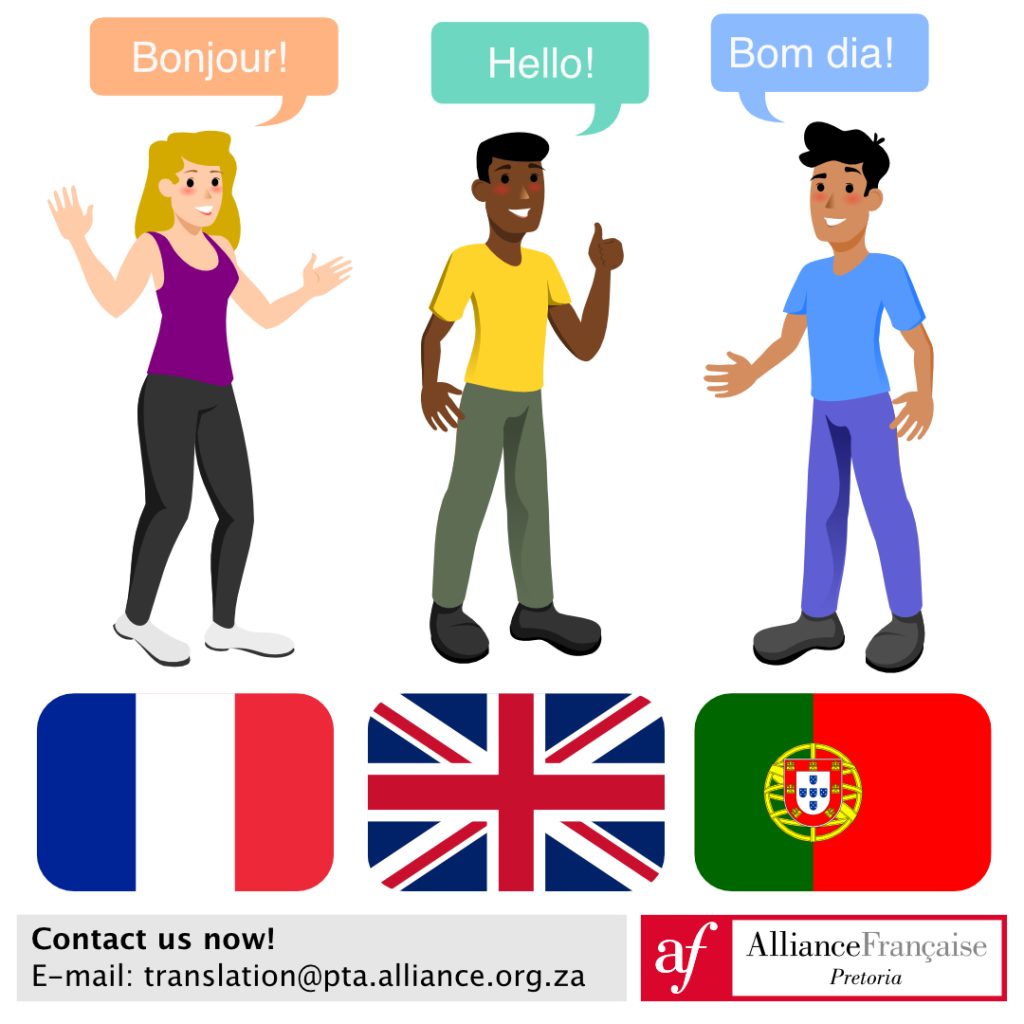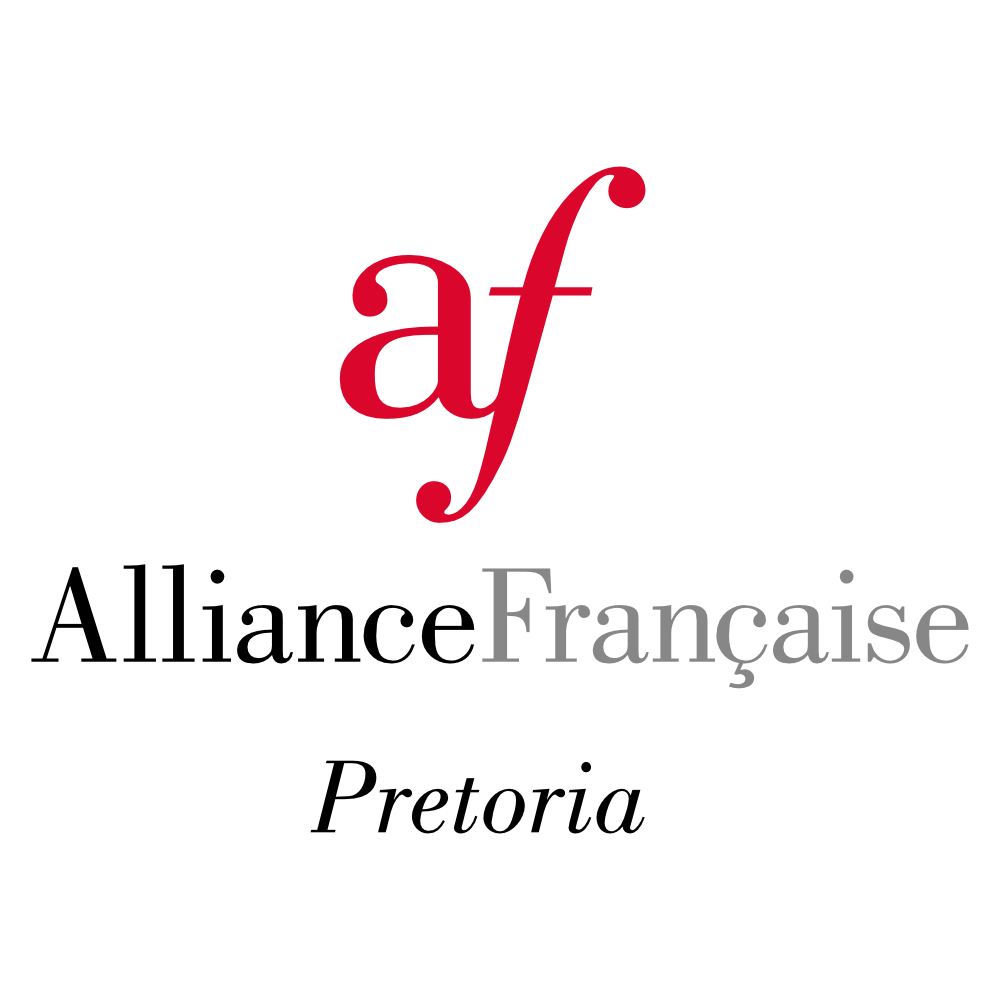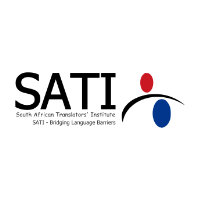
We offer you high quality translation services at competitive prices and free quotations within 24 to 48 hours. Being a SATI member, we always keep up with the latest trends in terms of translation/interpretation. We are able to deliver our services anywhere in Southern Africa.
1. Translation services
We translate documents to & from English/French/Portuguese
A translator puts a text written in one language (the source language)
into another language (the target language) in such a way that the
message remains the same. The skill of translation lies in retaining all
elements of the message while formulating the text in such a way that
it sounds like an original in the target language. Our Department offers
the following fields of translation:
- Technical translation: Documents of a technical or scientific nature for multinational companies, research bodies and government departments;
- Service translation: Translation for organisational purposes, such as corporate publications, business documentation, annual reports, legislation and government documentation;
- Commercial translation: Financial texts and legal documents for the banking sector, the commercial and industrial sectors and government departments;
- Literary translation: Novels, children’s books and non-fiction literature; this is generally considered to be a highly demanding discipline because of the artistic touch that is needed.
2. Sworn translation services
We do sworn translations to & from French/English/Portuguese of documents for official or legal purposes.
A sworn translator has sworn an oath in the High Court of South Africa to “translate faithfully and correctly, to the best of [their] knowledge and ability”. To ensure that a translation is recognised as a sworn translation, sworn translators stamp and sign every page of their translations and add a statement certifying that it “is a true translation of the original”.
A sworn translation of a document is the legal equivalent of the original document for evidentiary purposes in a court of law.
Sworn translators carry a heavy responsibility, because their work can have life-changing consequences for the people involved. Sworn Translations can only be done upon presentation of the original document that needs translating.
3. Editing & proofreading
We edit texts in French/English/Portuguese
- Editing: Editing means improving a text so that it puts the writer’s message across in the best way. Editing should be done near the beginning of a publishing process. Editors’ looks at grammar and spelling, but their job extends beyond this.
- Proofreading: Proofreading means checking a typeset version of a document against the original manuscript to ensure that the typeset version contains everything in good order. Clients who want only spelling, grammar and glaring errors corrected during editing sometimes use the term proofreading for this. Other terms used for similar activities include language checking, reviewing and light editing.
4. Interpretation
We interpret to & from French/English/Portuguese/Afrikaans
Interpreting is oral translation. There are three types of interpreting.
- Simultaneous interpreting: Simultaneous interpreters translate at the same time as the speaker speaks. This often happens at conferences, where interpreters sit in soundproofed booths and delegates listen to the translation on headphones, without having to interrupt the speaker. The interpreter listens to the speaker, remembers what is said, and speaks the translation into the microphone and at the same time listens to the next thing the speaker is saying.
- Consecutive interpreting: Consecutive interpreters wait for a speaker to stop talking before they give the translation, and the speaker waits until the interpreter is finished before continuing. This type of interpreting is more suited to boardroom situations or small meetings, but it is time-consuming and slows down the proceedings.
- Liaison interpreting: A special type of consecutive interpreting is liaison interpreting (also called community interpreting or dialogue interpreting). Here the interpreter facilitates a conversation between two people, e.g. a doctor and patient or a tourist and government official. Liaison interpreting uses less formal speech and shorter sentences than in a formal conference setting. This is a fast-growing field in South Africa.
Contact us on translation@pta.alliance.org.za or call us on +27 12 343 6563 for more info!

